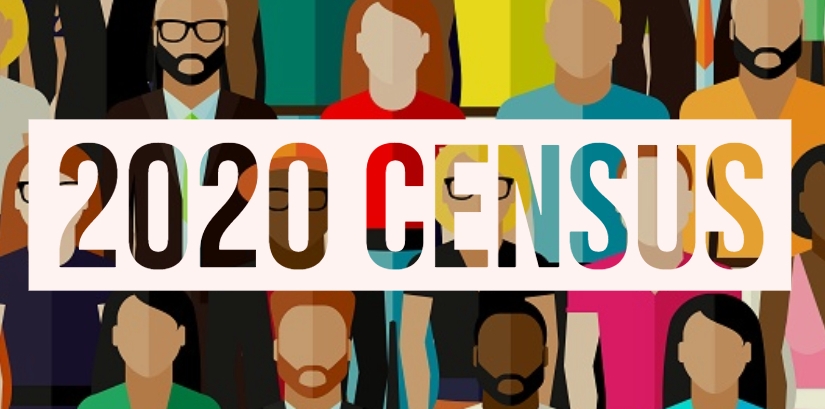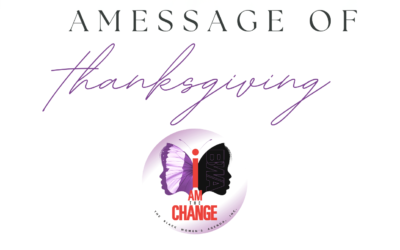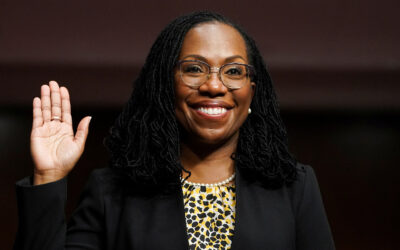
HOW DOES THE CENSUS AFFECT MY COMMUNITY
An accurate census is critical because it is used to determine the distribution of federal dollars and political representation for the next ten years.
For Example:
New Mexico receives over $7.8 billion each year through census-informed federal programs which benefit the entire community by providing per capita funds for health care for programs like Medicaid, Children’s Health Insurance Program (CHIP), Supplemental Nutritional Assistance Program (SNAP), National School Lunch Program, highways,
education grants, housing vouchers, and more.
$780
Million Dollars Loss
If New Mexico
undercounts residents BY
only 1%, they would lose
$780 Million Dollars
$3,745
In Funding per Year
Each New Mexican not
counted equates to a
loss of approximately
$3,745 per year
Source: www.icountnm.gov/how-does-the-census-affect-my-community/
Important 2020 Census Dates
By April 1, 2020, every home will receive an invitation to participate in the 2020 Census. Once the invitation arrives, you should respond for your home in one of three ways: online, by phone, or by mail.

Overall Timeline
Counting every person living in the United States is a massive undertaking, and efforts begin years in advance. Here’s a look at some of the key dates along the way:
- January 2020: The U.S. Census Bureau starts counting the population in remote Alaska.
- March 12 – 20: Households will begin receiving official Census Bureau mail with detailed information on how to respond to the 2020 Census online, by phone, or by mail.
- March 30 – April 1: The Census Bureau will count people who are experiencing homelessness over these three days. As part of this process, the Census Bureau counts people in shelters, at soup kitchens and mobile food vans, on the streets, and at non-sheltered, outdoor locations such as tent encampments.
- April 1: Census Day is observed nationwide. By this date, every home will receive an invitation to participate in the 2020 Census. Once the invitation arrives, you should respond for your home in one of three ways: online, by phone, or by mail. When you respond to the census, you’ll tell the Census Bureau where you live as of April 1, 2020.
- April: Census takers will begin visiting college students who live on campus, people living in senior centers, and others who live among large groups of people. Census takers also begin conducting quality check interviews to help ensure an accurate count.
- May 2020: The Census Bureau begins visiting homes that haven’t responded to the 2020 Census to make sure everyone is counted.
- December 2020: The Census Bureau delivers apportionment counts to the President and Congress as required by law.
- March 31, 2021: By this date, the Census Bureau will send redistricting counts to states. This information is used to redraw legislative districts based on population changes.
Census Day 2020 April 1 is Census Day, a key reference date for the 2020 Census. When completing the census, you will include everyone living in your home on April 1. Census Day will be celebrated with events across the country.
WHY IS THE CENSUS IMPORTANT?
There are countless applications of Census data in both academic and commercial research, but there are four key functions of the Census that affect public policy and voting in the United States:
1. Reapportionment
2. Redistricting
3. Demographic Data
4. Government Resource Allocation
REAPPORTIONMENT The number of congressional districts in a state may shift based on increases or decreases in population over the previous decade, which affects congressional representation and state electoral votes. This reapportionment of seats in the House of Representatives and resulting change in electoral votes helps dictate the geographic shift in political power within the United States.
Over the past decades, congressional seats have primarily been lost in the Northeast and Midwest and reapportioned to the South and West of the country. This trend is expected to continue as the population is projected to steadily increase in the South and West parts of the United States.
REDISTRICTING Within states, the congressional and state legislature districts are redrawn based on Census data. Based on population distribution changes within states, the boundaries must shift every ten years in order to ensure each district has roughly the same population.
In most states, including Minnesota, the state legislature draws the district lines. This can present issues with partisan influence, leading to unfair districts through gerrymandering.
DEMOGRAPHIC DATA The Census provides a snapshot of country, state, local areas, and on a broad level defines who we are as a nation. Demographic data helps groups from all parts of society use census information to decide where to direct their attention and resources. The census helps these groups identify areas in need of certain services, businesses, civil rights outreach, community engagement, etc.
GOVERNMENT RESOURCE ALLOCATION Over $400 billion per year is allocated throughout the nation with help from census data, including programs such as public health, education and infrastructure. State and local funds are often distributed based on population..
Source: www.yourvoteyourvoicemn.org/future/horizon/census-2020/why-census-important
OTHER NEWS
A MESSAGE OF PEACE, LOVE AND TOLERANCE
The holidays are a time of joy and happiness for many but for some it is also a time when we miss our loved ones who are no longer with us. As a country, we are experiencing events that are meant to divide and separate us. The Black Women’s Agenda, Inc. and our Collaborating Organizations embody what our country should be – working together.
The diversity of who we are as humans is the tapestry of peace and love highlighted as we gather in our homes and places of worship. Whatever you celebrate, let’s embrace the spirit of the Peace, Love and Tolerance.
A Message of Thanksgiving
In this season of Thanksgiving let us embrace the words of renowned poet Maya Angelou-
“Let gratitude be the pillow upon which you kneel to say your nightly prayer. And let faith be the bridge you build to overcome evil and welcome good.”
Thanksgiving is a time when we gather around the table with family, friends, and loved ones to celebrate our blessings of the past year. It is our time to put aside our differences, give thanks for our blessings, and express our gratitude.
As we are move into the last weeks of 2023, we have witnessed and experienced some of the most challenging times that many of us have ever seen. Amid these times, we have been brought closer together not because of our similarities but because of our differences.
During our 2019 Symposium, Our WA President Gwainevere Catchings Hess said,
THE BLACK WOMEN’S AGENDA, INC. ENDORSES KETANJI BROWN JACKSON’S NOMINATION TO THE U.S. SUPREME COURT
The Black Women’s Agenda, Inc. (BWA) today announced its enthusiastic support for President Joseph Biden’s nomination of Ketanji Brown Jackson to the United States Supreme Court. “While there are many individuals, including numerous Black women, who are exceptionally qualified to assume a seat on the nation’s highest court, Ketanji Brown Jackson comes to this moment with impeccable credentials,” said Gwainevere Catchings Hess, BWA’s National President.
© 2025 The Black Women’s Agenda, Inc. All Rights Reserved. Privacy Policy








